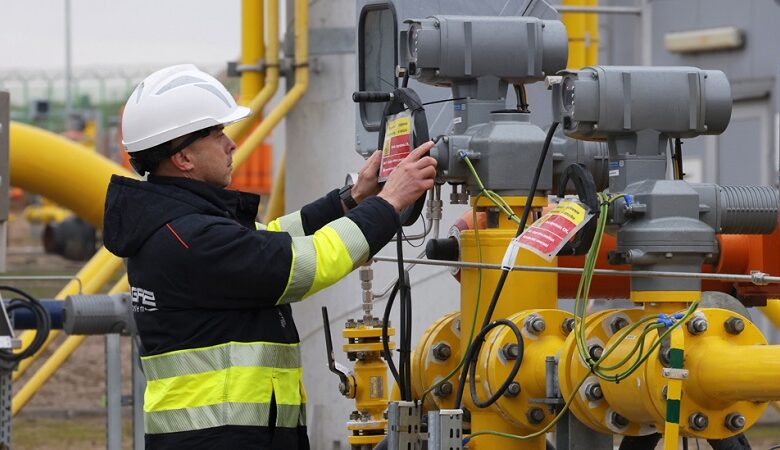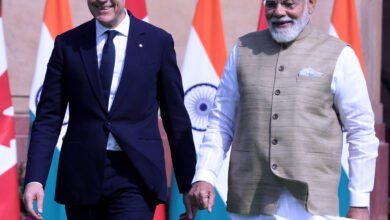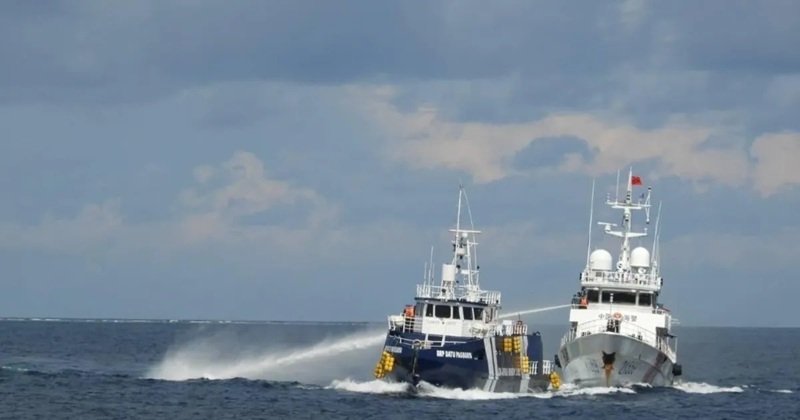Central European Countries Urge For Action Against Germany’s Gas Tariff

News Mania Desk/Agnibeena Ghosh/29th May 2024
Four central European countries have increased pressure on Brussels to take action against Germany over a gas tariff they argue undermines their energy security. A document seen by Reuters revealed that Austria, the Czech Republic, Hungary, and Slovakia have called on the European Commission to address the issue, which they say hampers their efforts to transition away from Russian gas.
The gas tariff, a legacy of the 2022 energy crisis when Moscow reduced gas flows to Europe, imposes an additional fee on fuel extracted from Germany’s gas storage. This measure aims to recover billions of euros spent on purchasing non-Russian gas at high prices to prevent fuel shortages. However, Austria, the Czech Republic, Hungary, and Slovakia contend that the tariff makes it more expensive for them to buy non-Russian gas delivered via Germany, thus hindering their diversification efforts.
The joint document urges the Commission to “put words into concrete actions” to resolve the issue. Although the Commission has prepared legal action against Germany over the tariff, which is seen as violating the EU’s single market rules, no lawsuit has been launched yet.
The four countries argue that, along with the expected end of Russian gas transit via Ukraine by the end of this year, the levy will significantly reduce the security of supply for the entire Central and Eastern Europe (CEE) region. Austria and Hungary, in particular, remain heavily dependent on Russian gas. Austria’s energy minister acknowledged in February that the country is struggling to diversify its energy supplies and is considering ending energy company OMV’s long-term gas contract with Russia.
EU energy ministers and the Commission are expected to discuss the German levy at an upcoming meeting in Brussels. Germany’s economy ministry has previously defended the levy as nondiscriminatory, arguing that other EU countries benefited from Germany rapidly filling its gas storage during the energy crisis.
The dispute over Germany’s gas tariff highlights the complexities of EU energy policy and the challenges of ensuring fair and equitable access to energy resources across member states. The transition away from Russian gas is a critical issue for many European countries, particularly those in Central and Eastern Europe, which have historically been more reliant on Russian energy supplies.
The situation underscores the need for a coordinated and balanced approach to energy policy within the EU. While it is essential to recover costs incurred during the energy crisis, measures must not disproportionately impact certain member states or hinder their energy security efforts. The European Commission’s role in mediating and resolving such disputes is crucial to maintaining unity and stability within the bloc.
In conclusion, the call by Austria, the Czech Republic, Hungary, and Slovakia for EU action against Germany’s gas tariff reflects broader concerns about energy security and fairness within the EU. As the bloc continues to navigate the transition away from Russian gas, it must balance cost recovery with equitable access to energy resources. The outcome of the upcoming discussions in Brussels will be pivotal in determining the future of EU energy policy and the security of supply for its member states.






